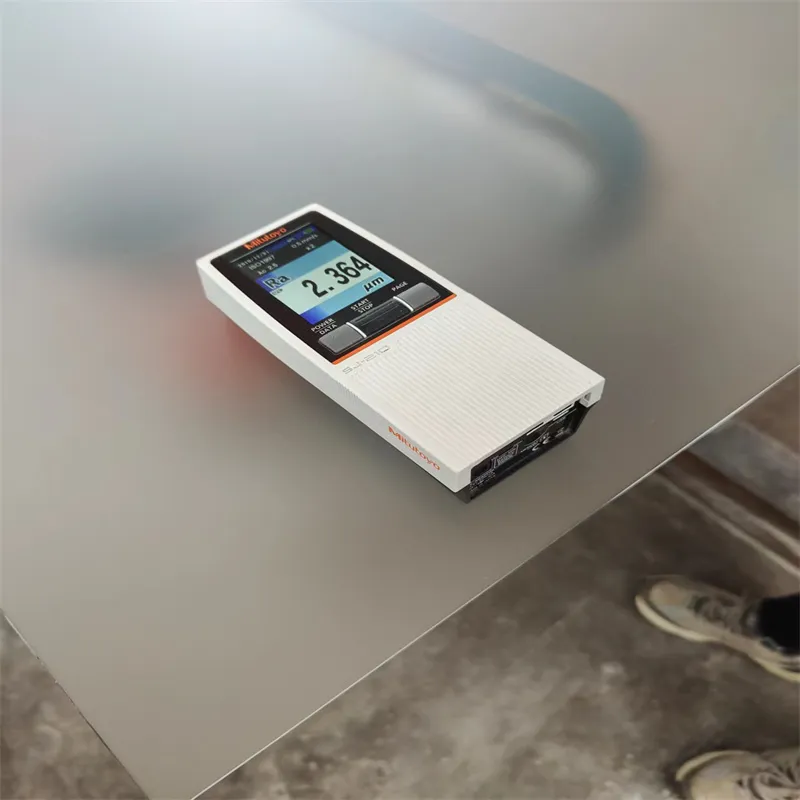Nov . 12, 2024 06:27 Back to list
glass coating types
Understanding Glass Coating Types A Comprehensive Guide
Glass coatings have become increasingly popular in various industries due to their ability to enhance the performance and longevity of glass surfaces. These coatings not only improve aesthetics but also provide additional benefits like increased durability, UV protection, and ease of maintenance. In this article, we will explore the different types of glass coatings available and their respective applications.
1. Hydrophobic Coatings
Hydrophobic coatings are designed to repel water and prevent the accumulation of dirt and grime on glass surfaces. These coatings are particularly beneficial for automotive and architectural glass, as they help maintain visibility during rain and reduce the frequency of cleaning. Hydrophobic treatments work by creating a microscopic texture on the glass surface, which allows water to bead and roll off easily. This technology is widely used in windshield treatments and shower doors.
2. Oleophobic Coatings
While hydrophobic coatings repel water, oleophobic coatings are specifically formulated to resist oils and fingerprints. This type of coating is especially useful for glass surfaces that are frequently touched, such as smartphone screens and display panels. By reducing smudges and enhancing clarity, oleophobic coatings improve the viewing experience and reduce the need for regular cleaning.
Anti-reflective (AR) coatings are designed to minimize glare and reflections on glass surfaces. This type of coating is crucial in applications where visibility and light transmission are paramount, such as camera lenses, eyeglasses, and high-precision optics. AR coatings work by utilizing multiple layers of thin films that interfere with incoming light, reducing reflections and enhancing overall clarity. Their effectiveness in improving light transmission makes them a favorite in optical equipment manufacturing.
glass coating types

4. UV Protection Coatings
Ultraviolet (UV) protection coatings are vital for preserving the integrity of both glass and the objects behind it. UV rays can cause significant damage to various materials, leading to fading and degradation over time. Glass with UV protection coatings is commonly used in museums, galleries, and display cases to shield valuable artifacts from harmful sunlight. These coatings allow natural light to pass through while blocking nearly 99% of UV radiation, ensuring a safer and more stable environment for sensitive items.
5. Anti-Fog Coatings
Anti-fog coatings are increasingly popular in environments where condensation is an issue, such as bathrooms, sports equipment, and operating rooms. These coatings prevent the formation of fog on the glass surface, maintaining clarity and safety. Anti-fog technology typically involves hydrophilic materials that spread moisture evenly across the surface, preventing the buildup of foggy condensation. This is essential in applications like diving masks, safety goggles, and eyeglasses for those who frequently transition between temperature changes.
6. Self-Cleaning Coatings
Self-cleaning glass coatings take the concept of ease of maintenance to the next level. Utilizing photocatalytic and hydrophilic properties, these coatings break down organic dirt and grime when exposed to sunlight. The resultant byproducts are washed away by rain, resulting in a cleaner surface with minimal human intervention. Self-cleaning glass is frequently applied in building facades and solar panels, reducing the need for regular cleaning and enhancing overall efficiency.
Conclusion
Choosing the right type of glass coating depends on the specific application and the desired benefits. Whether it’s enhancing water repellency, ensuring clarity, or providing UV protection, there is a coating tailored for every need. As advancements in coating technologies continue to evolve, so too will the applications and benefits of glass coatings across diverse industries. Understanding these options empowers consumers and businesses alike to make informed decisions that enhance the performance and longevity of glass products.
-
Safety and Style with Premium Laminated Glass Solutions
NewsJun.24,2025
-
Reinvents Security with Premium Wired Glass
NewsJun.24,2025
-
Premium Float Glass Line for Modern Architecture
NewsJun.24,2025
-
Low Emissivity Glass for Energy-Efficient Architecture
NewsJun.24,2025
-
High-Performance Insulated Glass Solutions for Modern Architecture
NewsJun.24,2025
-
Elevates Interior Style with Premium Silver Mirror
NewsJun.24,2025
Related PRODUCTS














